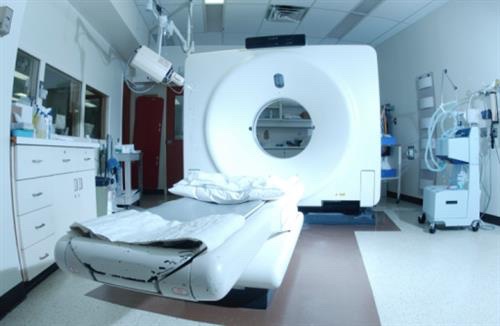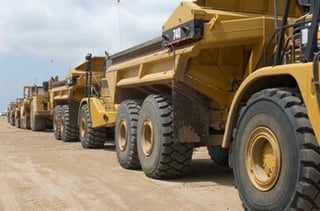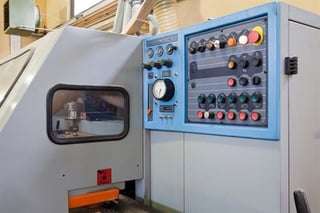The term "fair market value" often comes up when discussing machinery appraisals. Do you know what it really means and why it's important? Find out how an appraiser determines the fair market value of a piece of equipment and why this matters for your company's bottom line.
Understanding Fair Market Value in Machinery Appraisal
Fair market value represents how much a neutral buyer (i.e. someone who isn't personally invested in your company and who might overpay for that item) would be willing to pay for your equipment, whether you're talking about a bakery oven or a set of bicycle repair tools.
Fair market value reflects how much the buyer would pay assuming there were no extenuating circumstances. A caterer would pay a lot more for that bakery oven if their oven failed the day before a large wedding than they would pay if time was not pressing. This valuation also assumes that all parties have equal knowledge -- that the seller is not attempting to hide any flaws in the equipment.
Fair market value may affect the price of machinery installation or transit, notably with large items that must be installed before use.
Why Fair Market Value Matters
Assets are always in a state of flux in businesses: A new piece of equipment comes in and something old goes out.
Maybe you decide to donate the old equipment, so you can take the tax write-off for dropping off that bakery oven at a soup kitchen that needs an oven. While this is a fine impulse, there is no way that you can write off the equipment on your taxes accurately without knowing the accurate valuation.
Perhaps you decide to get some return on your investment by selling the old piece of equipment. If you're in a generous mood, you might even get that oven cleaned and serviced, so you're selling something that is clean, ready to use, and reads temperature accurately. What if you found out that your old oven had a very low value and you would not recoup what you spent getting the oven serviced?
Alternately, maybe you have a favorite tool -- like those bike tools that fit your hand really well. What if there was a break-in at your bike shop and those tools disappeared? Or a fire that destroyed all of your equipment? How could you make an insurance claim not knowing the value of what you lost?
As these examples illustrate, you can only realize the value of an asset when you know what it's worth -- which is subject to change in time. Without an appraisal of fair market value, you can't realize your equipment's value whether you're looking to sell it, donate it, or replace it.
You may believe that you can look up the price of equipment online or use the tax documents, which take depreciation into effect. While this is a valid impulse, you can't compare your used equipment to a depreciation table or to the cost to replace the item new. It all depends on how often (and how well) you use the machinery in your work. An oven that's taken care of and serviced annually has a higher value than one that is never cleaned and never serviced.
If you haven't had your equipment appraised recently, now is the time to get your business's critical assets valued. Find a machinery appraiser that has experience valuing equipment commonly used in your industry, whether it's culinary, sporting goods, or anything else.





